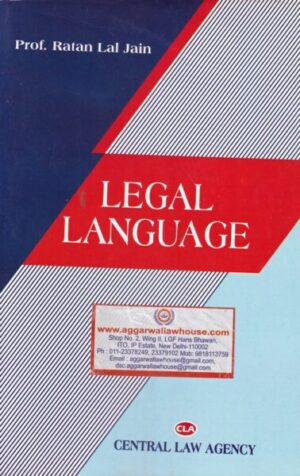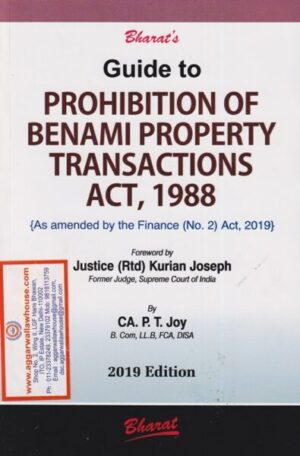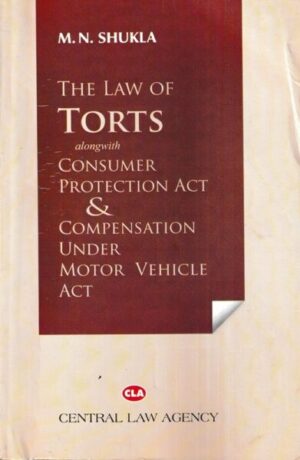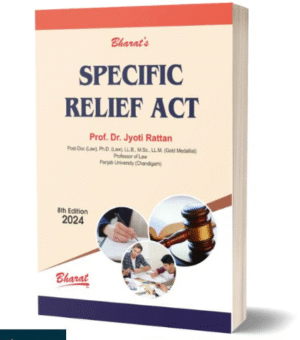Mohan Law House Anti-Defection Law and Parliamentary Privileges (Set of 2 Vols) by Subhash C. Kashyap Edition 2023
Mohan Law House Anti-Defection Law and Parliamentary Privileges (Set of 2 Vols) by Subhash C. Kashyap Edition 2023
Description
Mohan Law House Anti-Defection Law and Parliamentary Privileges (Set of 2 Vols) by Subhash C. Kashyap Edition 2023
Mohan Law House Anti-Defection Law and Parliamentary Privileges (Set of 2 Vols) by Subhash C. Kashyap Edition 2023
ndian politics has been no exception to this phenomenon of defections. The practice of ‘defection’ in Indian politics has always been the breeding ground of political instability and uncertainty in the country, often tending to shift the focus from ‘governance’ to ‘governments’. The infamous “Aaya Ram, Gaya Ram” slogan was coined against the background of continuous defections by the legislators in the 1960s. In fact, the history of defections in India can be traced back to the days of Central Legislature when Shri Shyam Lai Nehru, a member of Central Legislature changed his allegiance from Congress Party to British side. To cite one more instance, in 1937 Shri Hafiz Mohammed Ibrabim, who was elected to the Uttar Pradesh Legislative Assembly on the Muslim League ticket defected to join the Congress. In late sixties, the phenomenon of changing political party for reasons other than ideological, engulfed the Indian polity. According to the Chavan Committee Report (1969), following the Fourth General Elections, in the short period between March 1967 and February 1968, the Indian political scene was characterized by numerous instances of change of party allegiance by legislators in several States. Out of roughly 542 cases in the entire two-decade period between the First and the Fourth General Elections, at least 438 defections occurred in these 12 months alone. Among Independents, 157 out of a total of 376 elected, joined various parties in this period. That the lure of office played a dominant part in decisions of legislators to defect was obvious from the fact that out of 210 defecting legislators of various States, 116 were included in the Councils of Ministers which they helped to form by defections.
Additional information
| Weight | 4 kg |
|---|---|
| Authors | |
| Binding | |
| Language | |
| Publisher | |
| Edition |








Rating & Review
There are no reviews yet.